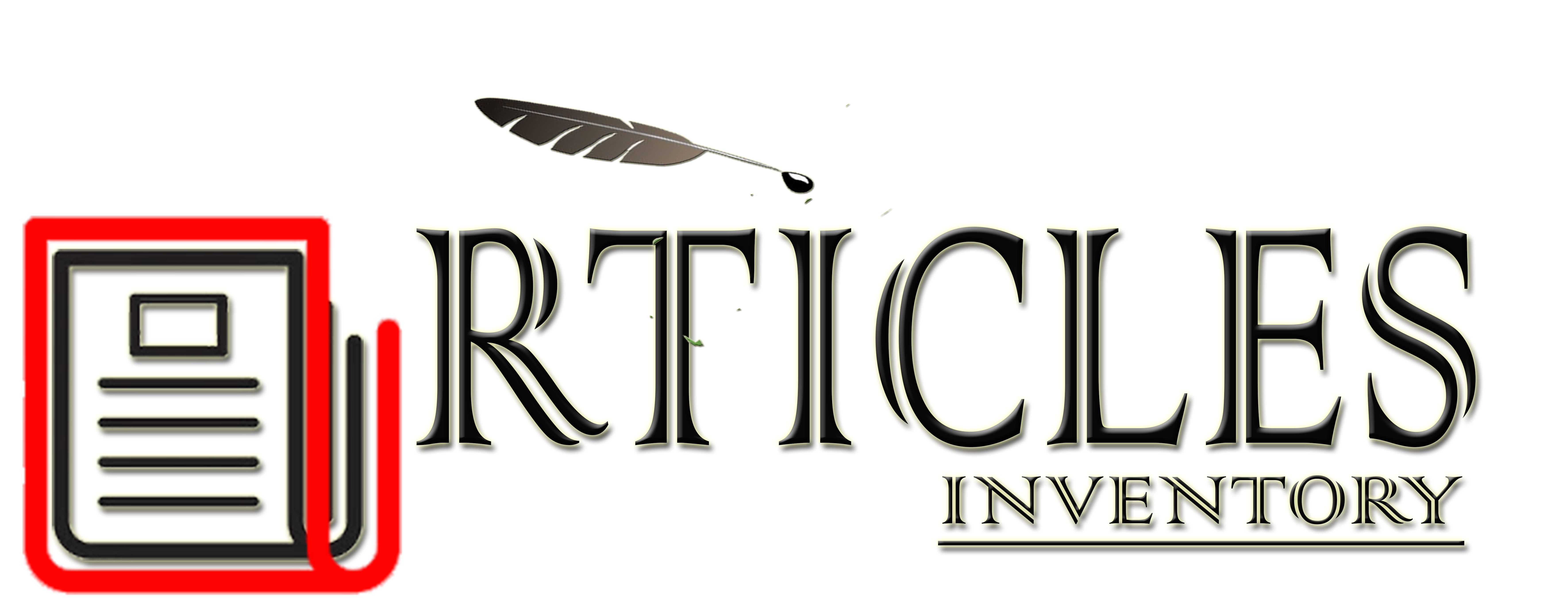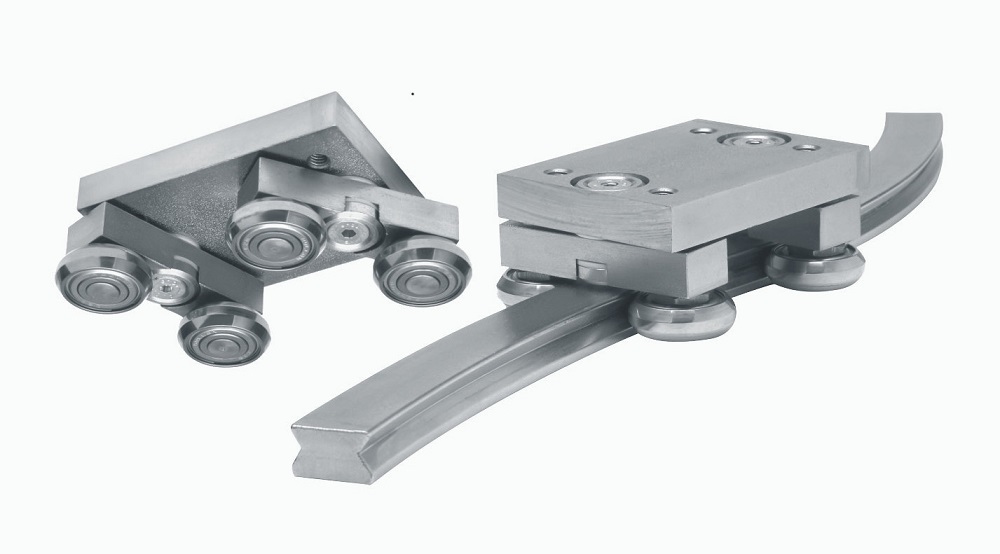Some Essential Information On Linear Motion Guide For You
What Do You Mean By A Linear Motion Guide?
This is a machine element using NRS bearings (ตลับลูกปืน LM Guide NRS, which is the term in Thai) that were established for rotary motion so that it becomes easy for heavy objects to move easily in a straight line. This has got some other names such as “linear motion ball guide”, and it is also called a “linear bearing” since it happens to be a bearing for linear motion instead of rotary motion.
Linear Motion Guide Structure
The linear guide consists of three components, namely, a mobile carriage, balls, plus a rail supporting the movements of that carriage. It is possible to enable linear motion by attaching a mechanism to recirculate the balls.
Applications Of Linear Guide
It will be possible to guide linear motion smoothly and easily while bearing loads so that the machines are able to function efficiently with the help of linear guides. These happen to be indispensable components of linear parts in gadgets like semiconductor manufacturing equipment and machine tools. In recent times, they have also found usage in buses, vehicles, seismic isolation systems, automatic doors, as well as other consumer departments.
The Mechanism Of Linear Guide
It is a fact that linear guide mechanisms are utilized for moving or positioning objects along a straight line precisely with the help of NRS bearings. The primary functions of linear guide mechanisms have been divided between guiding as well as driving elements. They actually refer to a system consisting of machine elements using rolling technology for moving objects precisely in a straight line. This linear guide is considered to be a machine component utilized for the guiding element.
Several other possibilities consist of linear bushings, ball spines, cross-roller guides, and slide rails.
Characteristics Of Linear Guide
1. Light Motion Without Clearance
Being rolling guides, linear guides do not have any clearance, and their movements happen to be lighter compared to sliding guides.
2. High Permissible Load
The raceways of the linear guide are curved grooves providing surface contact between the raceways and the balls. In this way, the permissible load is approximately 13 times more as compared to guide components having point contact, for example, the linear bushing. Consequently, it will be feasible for a linear guide to attain an identical permissible load by means of a compact design.
3. Infinite Linear Motion Can Be Achieved
Even though rolling guides like ball guides and cross-roller guides feature finite strokes, the balls of the linear guide recirculate infinitely thanks to the presence of NRS bearings implying that it will be possible for the stroke to extend to any length the rail has been made.




